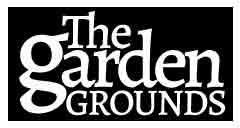All About Heirloom Seeds
Heirloom, or heritage seeds produce varieties of fruits and vegetables that have been grown, mostly unchanged, for decades. While the exact age requirement for a given plant or seed to be considered an heirloom is debated (some say 50 years, some 100 or more) one characteristic is never disputed. An heirloom seed is always open pollinated (OP), meaning that the seed can be planted, grown to maturity, and new seeds can be saved for future plantings and harvests.
But wait, can’t all seeds and plants do that? Isn’t that how nature works? Surprisingly enough, no!
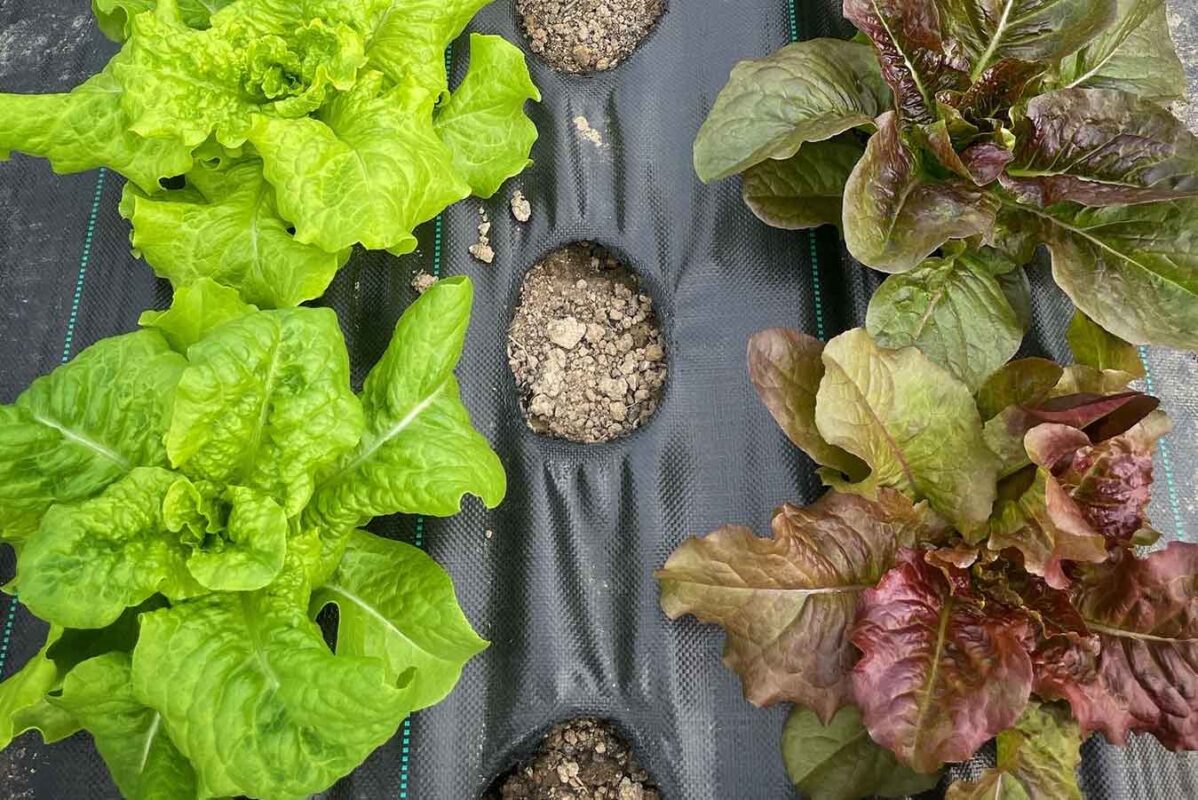
You see there’s an entirely different type of seed, known as a hybrid or F1 that seem to defy the laws of nature. The production of hybrid seeds is an article for another time, but, here’s the idea in a nutshell. Plant breeders will often pollinate one variety of fruit or vegetable with another variety of the same plant to try to produce an offspring that has the desired traits of both varieties. Because the two parent varieties can be so different from on another it can’t be known exactly what traits the offspring of the two plants will possess.
Without diving any deeper, here’s what that means. You can save, and plant seeds from a hybrid fruit or vegetable, but there’s no guarantee that the plants grow from those seeds will be anything like the parents.
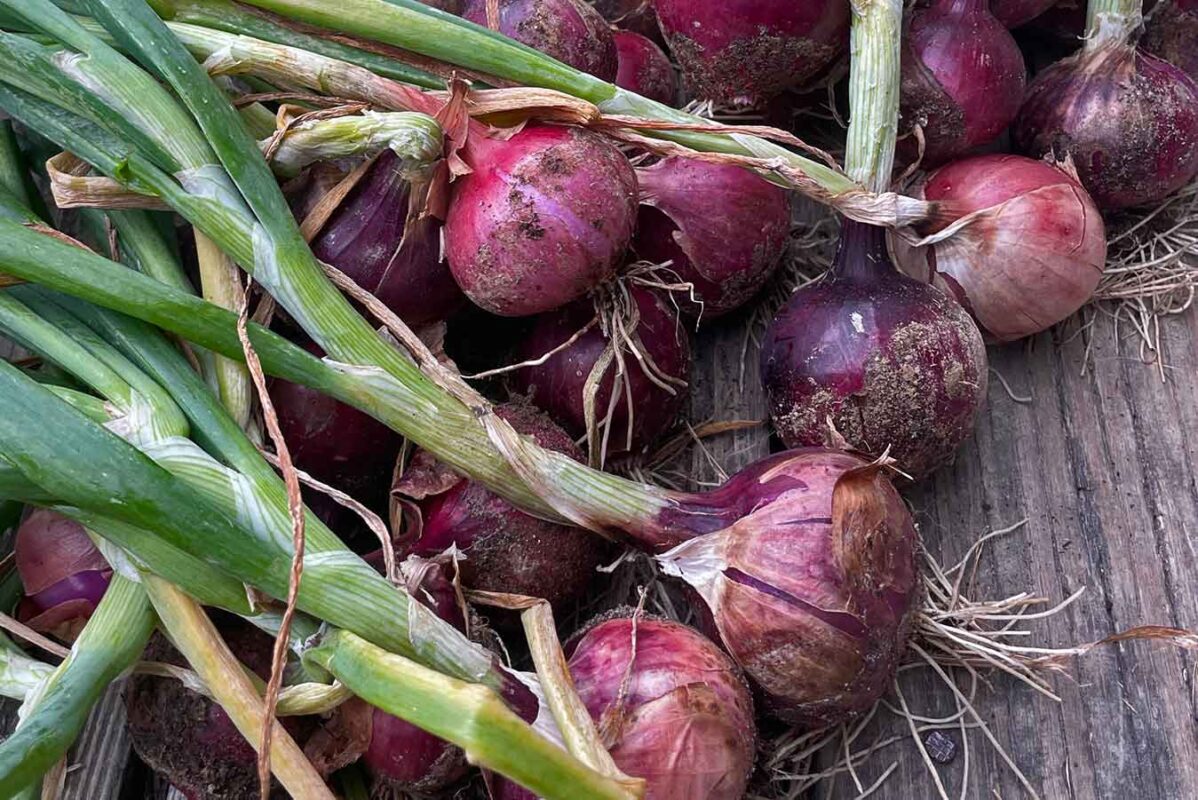
So what’s the big deal for a gardener or farmer? Well, let me lay down another plant nerd fact for you. Did you know that there used to be over 500 varieties of lettuce available to gardeners buying seeds about 100 years ago, and now there are only about 30? And that statistic doesn’t stop with lettuce alone, we’ve seen the same loss of genetic variation in every fruit and vegetable grown and eaten today!
I’ll try to stay out of the conspiracy zone, but here’s what that means. Most seed producers are selling hybrid seeds, which carry many great advantages like some produce more fruits and vegetables per plant, what they do produce is more uniform in shape and size and they often have resistance to insects and disease. Heck, some even have resistance to herbicides (yep, a topic for another article). Those things are great because the allow gardeners and farmers to grow more food more easily.
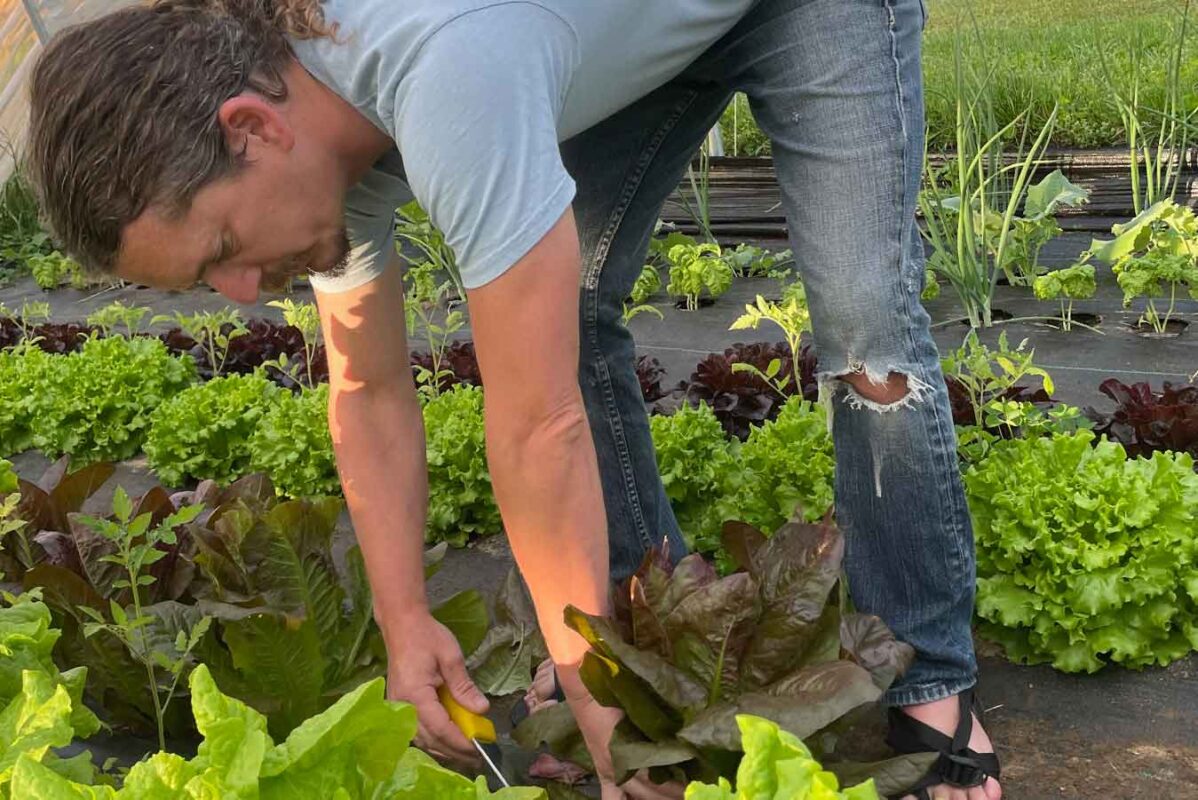
But here’s the catch! Because those hybrid plants don’t produce seeds that grow to be just like there parents, if they grow at all, the gardener and farmer HAVE TO BUY there seeds from a company that breeds the seeds or buys them from a breeder.
We all learned during the COVID years that it can get a little scary when the grocery stores shelves are empty. As a gardener we may thing we’ve got a back up plan because we can grow our own vegetables. That’s right, and we can…. but what happens when the seed companies no longer have seeds for sale OR they become so expensive we can’t afford them?
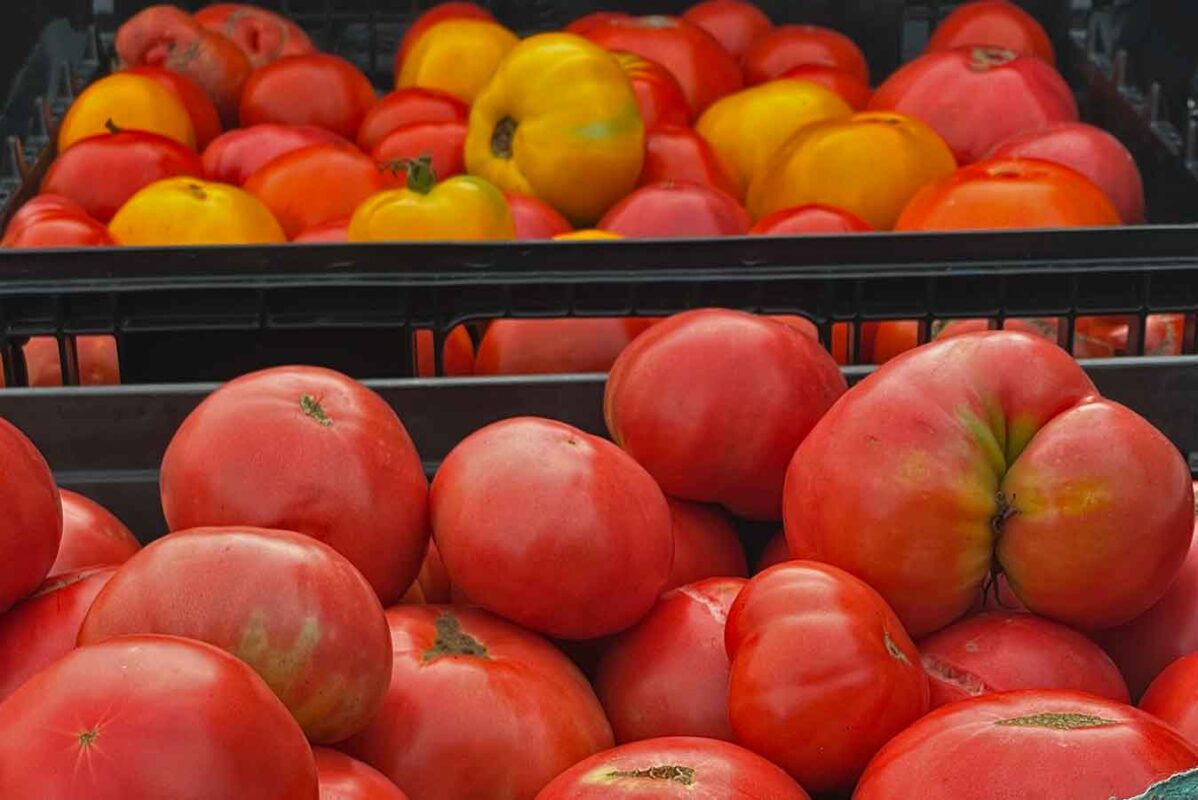
The good news is, if you grow heirlooms you can just save your own seeds, plant them the next year, and repeat just like our grandparents and their parents before them. And what’s even cooler is you’ll be slowly creating a variety of that vegetable that’s predisposed to thrive in the microclimate and conditions of your garden!
BUT, if you’ve only been growing hybridized plants you’d better hope your gardening friends have some good ol’ fashioned heirlooms growing nearby…
